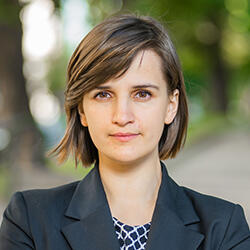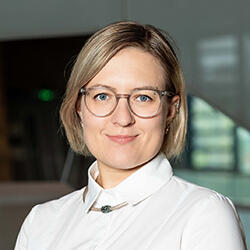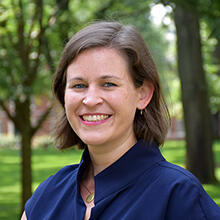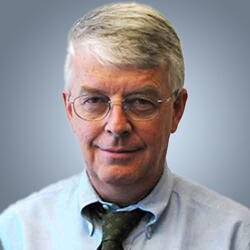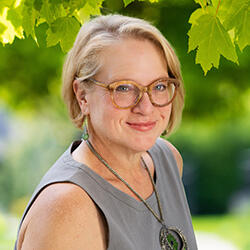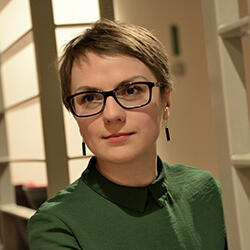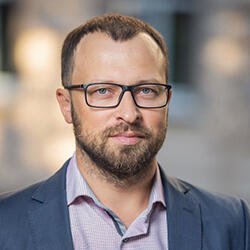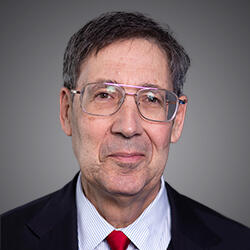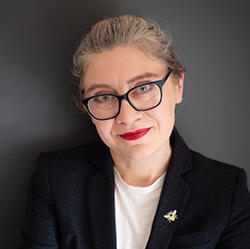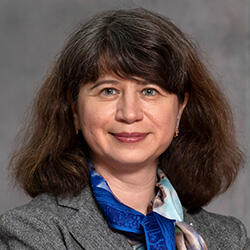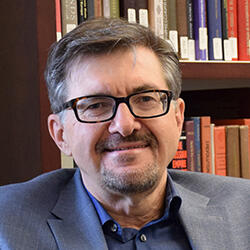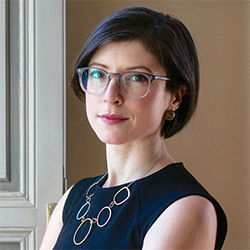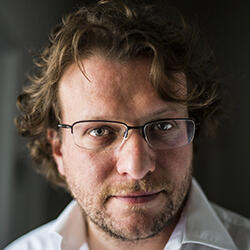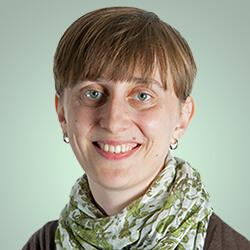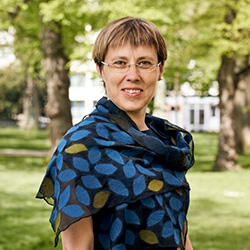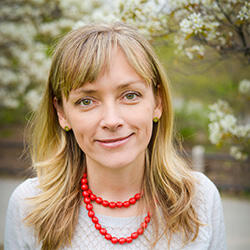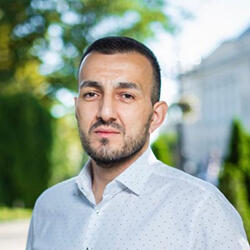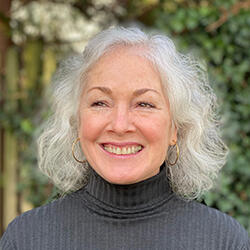Marthe Handå Myhre |
|
|
Marthe Handå Myhre is a postdoctoral fellow at the Norwegian Institute for Urban and Regional Research, Oslo Metropolitan University. She holds a Ph.D. in Russia Studies from the University of Oslo. In her Ph.D. project she studied policies of citizenship acquisition in Russia and the reception of forced migrants from Ukraine after war broke out in Donbas in 2014. Her research interests include nation building, nationalism, migration, and citizenship in Russia, Ukraine, and the post-Soviet space. Currently Marthe is part of an international research project studying Russia’s appeal to populists and pragmatists in Europe (https://uni.oslomet.no/proruss/). Her work has previously been published in Russian Review, Nationalities Papers, and East European Politics. Her latest publication (together with Olena Muradyan and Oksana Nekhaienko, V.N Karazin Kharkiv National University) is the book chapter “Educational Reform and Language Policy in Ukraine: Implementation in the Border Regions” in A. Aasland and S. Kropp (eds.) The Accommodation of Regional and Ethno-cultural Diversity in Ukraine. Twitter: @nibr_no |
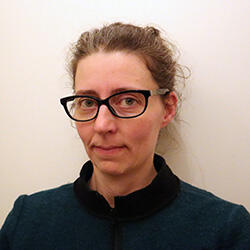
|
Copyright © 2024 The President and Fellows of Harvard College | Privacy | Accessibility | Digital Accessibility | Report Copyright Infringement
